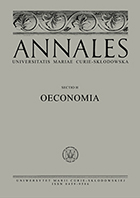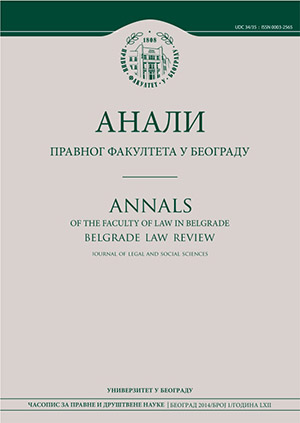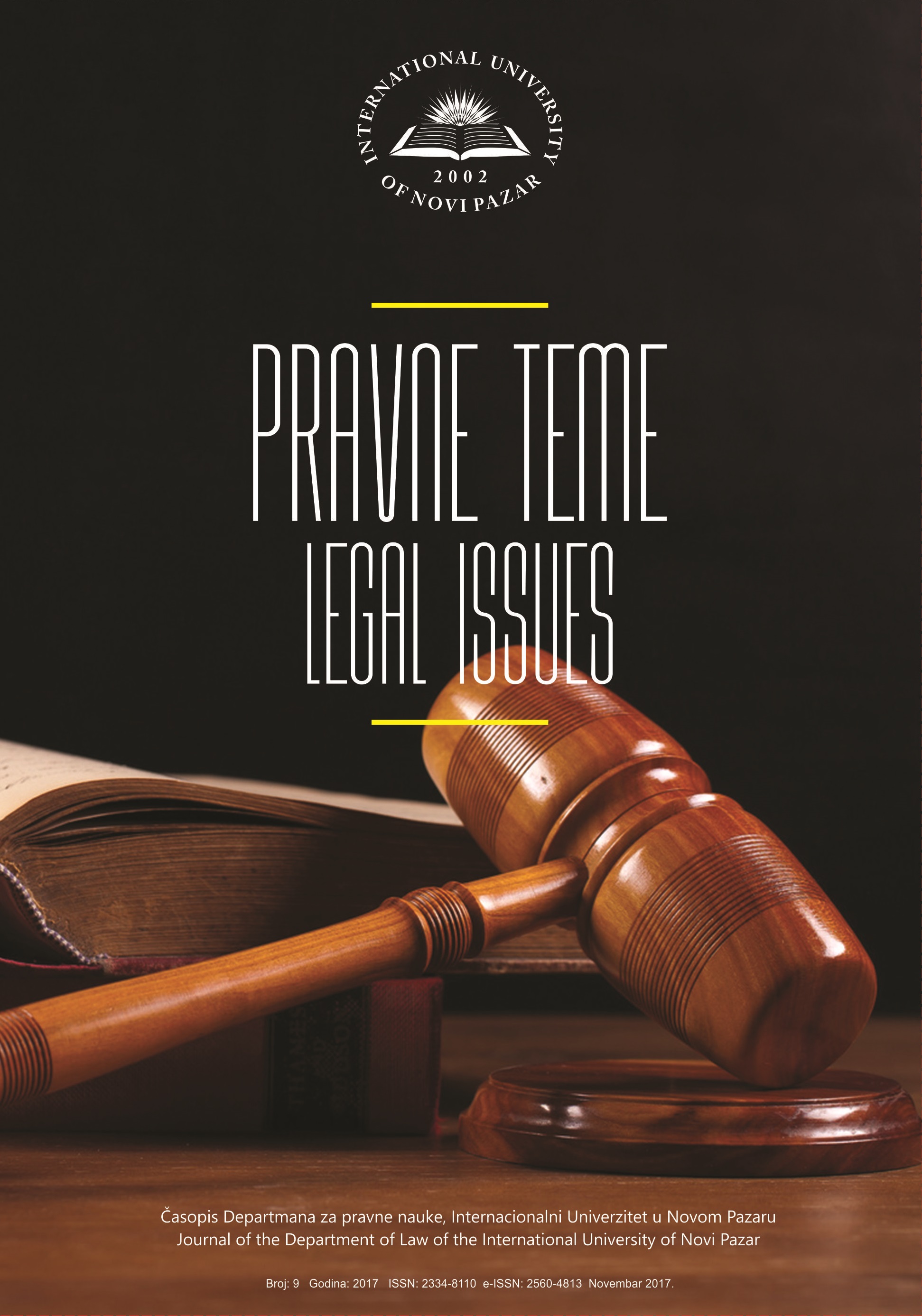
Transitions Online_Around the Bloc-Kyrgyz Lawmaker Arrested for Planning a Coup
The arrest of Kanatbek Isayev might serve as a way to discredit one of the election frontrunners.
More...We kindly inform you that, as long as the subject affiliation of our 300.000+ articles is in progress, you might get unsufficient or no results on your third level or second level search. In this case, please broaden your search criteria.

The arrest of Kanatbek Isayev might serve as a way to discredit one of the election frontrunners.
More...
The former Georgian president calls supporters to rally in Kyiv against corruption and the arrogance of politicians.
More...
Mogul Andrej Babis accuses political rivals of setting him up to derail his swift rise to power.
More...
U.S. authorities have so far not responded to Kyiv’s request for cooperation, Ukrainian prosecutor complains.
More...
Rolls-Royce has already paid $800 million to settle allegations of corruption in several countries.
More...
It has taken almost a decade, much of it filled with intrigue, to settle outstanding questions over the estate of a multibillionaire once considered the wealthiest man in Georgia.
More...
The former top Putin aide was central in the arrest of the former economy minister, but has not appeared to testify at his trial.
More...
Departure of chief judge raises more questions about the impartiality of the mission.
More...
In the implementation of fiscal policy, public authority used many kinds of fiscal instruments. Except direct expenditures in achieving the policy objectives, many countries use tax preferences, tax reliefs which are called tax expenditures. Those instruments seem to be very similar, so they are often considered to be substitutes. However, because of their specificity, TEs seem to be less transparent and often beyond social control. Therefore, in implementing the principle of transparency of fiscal policy, it seems necessary to compare current instruments with their current control.
More...
In the article an analysis of the impact of corruption, both administrative and state capture, on the tax structure is carried out. The authors established a negative correlation between the degree of corruption and the height of the effective tax burden, while isolating a simultaneous directly proportional impact of the nominal tax burden (which could reflect state intervention – the main corruption factor) on the scope of corruption. The effects of corruption on the decrease of individual taxes’ share in GDP are diversified, with impact on direct taxes as a whole being more observable. The mode of tax assessment significantly determines exposure of certain tax to the administrative corruption: it is generally larger in case of taxes assessed by the decision of the competent tax officials who are carrying out both assessment and audit, while in the case of self-assessment and withholding they just perform audits implying limited exposure to corruption. Corruptive state capture is present in the case of taxes which are important for influential corruptors. That is why in Serbia laws preventing taxation of capital gains or heavier taxation of dividends and other income paid to non-residents located in the tax havens were adopted, while by-laws which should have enabled implementation of prescribed lump sum taxation based on external signs of wealth have not been enacted. The authors concluded that the anti-corruption strategy should rely on the increasing role of self-assessment, which could reduce the room for administrative corruption. Unclear and imprecise formulations of the tax norms facilitate corruption, because they create room for arbitrariness in interpretation and implementation of the laws and by-laws. It is therefore necessary to surpress discretion, simplify tax procedure and diminish the number of tax reliefs.
More...
The paper analyses the regulations of medieval Serbian law that were directed against various forms of behavior that could be considered as corruption. The majority of these rules is to be found in church law, mostly in the canon regulations of the Nomocanon of Saint Sava and the Abbreviated Syntagma of Matthew Blastares – both of which acts were comprised of legal transplants from the Rhomean (Byzantine) Empire, containing mostly canon rules of the holy fathers of the Church and of the Ecumenical Councils – and are mostly (though not exclusively) directed against the sin of simony. Still, Serbian rulers have also brought regulations on this subject, expanding upon the canon law regulations in their charters and Dushan’s Code. Regulations against corruption of the secular officials are present no sooner than Dushan’s codification. They are mostly focused on punishing the corruption of judges and court officials (pristavs), but being unsusceptible to bribery is also pointed out by the law as one of the necessary qualities that all government officials should possess.
More...
Gafur Rakhimov is under U.S. sanctions as a suspected kingpin of a Eurasian crime syndicate.
More...
Those willing and able to emulate the most despicable enemies of a free press are a dime a dozen.
More...
After war, Kosovo has made many changes in all dimensions of life in organizing the private and public life according to the progress that has been made, in Kosovo there are some occurrences that are fading the image of it . One of the occurrences that can be called as social syndrome is, corruption. With this modest work, author pretending to analyze the corruption in Kosovo that it is affecting in negative way in Interior and in Diplomatic Processes of Kosovo.
More...
The success of further development of Ukraine as sovereign and independent, democratic, social, constitutional state now, more than ever earlier, depends on determination of politicians, statesmen and public employees and adherence to principles of each citizen and civil society in general in fight against the external and internal enemy. Among internal enemies of Ukraine corruption which makes impossible effective economic, social and humanitarian development of Ukraine is high on the list, slows down the European integration of Ukraine, and at the end advantageous of external foes of our state. Therefore, eradication of corruption is one of the most important functions of the Ukrainian state now. The important place in system of subjects of forming and implementation of the state anti-corruption policy belongs to the Verkhovna Rada of Ukraine, the President of Ukraine and the Cabinet of Ukraine. So, the parliament in Ukraine creates legal including the legal framework of the state anti-corruption policy, and also participates in forming of contest committees on election of special subjects of the prevention and counteraction. The head of state in Ukraine also defines essence and the maintenance of the state anti-corruption policy in the decrees, and also participates in forming of the commissions on selection and appointments of officials of specially authorized bodies according to the prevention and counteraction of corruption, and provides independence in activity of some of these bodies. The government of Ukraine provides complex implementation of the state anti-corruption policy, has own representation in contest committees which carry out forming of specially authorized bodies of prevention and counteraction of corruption (National Anti-Corruption Bureau of Ukraine, etc.), And also performs the common directorship and coordination of activity of National police of Ukraine and National Agency for Prevention of Corruption. At the same time, the success of prevention and counteraction of corruption in Ukraine depends on efficiency of interaction of the supreme bodies of the government in the field of forming and implementation of the state anti-corruption policy.
More...
One of two FSB agents indicted by U.S. in same case may have been playing a double game.
More...
The article offers an analysis of the inscription of the 2nd century AD, engraved on a bronze board, founded in Souk el-Khmis in North Africa. It includes a complaint of colons from the area of saltus Burunitanus, addressed to Emperor Commodus, about the abuse of law by the procurator and the general land lessee. The text is a source of knowledge of the work conditions and the situation in the colons, working in the Imperial estates in North Africa (province of Africa proconsularis). It is at the same time one of the most comprehensive sources of information about the organisation and management of the Roman provinces during the time of the Empire. The colons were small land lessees, who on the basis of locatio-conductio contract cultivated land, collected harvested and paid tenancy. Initially they were free Roman citizens and enjoyed the confidence of the landowners. Over time, their situation deteriorated. The abuse in relation to them were frequent and one such case of complaint is described. It is a testimony to the days, when the colons still had a strong and independent position, largely based on personal freedom.
More...
As a rule companies are free to decide where and when they will sell their products and with which companies or clients they are prepared to contract. Such freedom is not unlimited and a dominant company which refuses to deal may be accused of abusing its dominant position. The aim of the article is to analyse the most common forms of refusals to deal, with regard to the law on competition. The article will focus on practices which lead to the elimination of competition, discrimination against consumers and business partners and creating barriers of entry to the market. Examining such practices will answer the question as to which practices constitute a refusal to deal and abuse a dominant position. The last part of the article will focus on the issue of unbiased justification of refusal to deal. It will examine those conditions where the dominant undertaking can refuse to deal with its competitors or clients because of unbiased reasons.
More...
Prawo karne ma charakter uniwersalny, co oznacza, ze dotyczy stosunków ze sfery zarówno publicznej, jak i prywatnej. W odniesieniu do zachowań korupcyjnych zakres kryminalizacji ukształtowany historycznie w polskim prawie karnym obejmował głównie korupcje w sektorze publicznym. Sytuacja w tym względzie ulęgła zmianie w ostatnich latach.Artykuł poświęcony jest analizie procesu kryminalizacji zachowań korupcyjnych w sferze prywatnej w polskim prawie karnym, które można nazwać publicyzacją sfery prywatnej w kontekście prawa karnego. Proces ten wiązał się z umiędzynarodowieniem polskiego prawa karnego i zaowocował wprowadzeniem do kodeksu karnego nowego typu przestępstwa korupcji gospodarczej (art. 296a k.k.).
More...
Hungary-watchers have been saying for years that EU funds are being spent enriching Orban’s inner circle.
More...